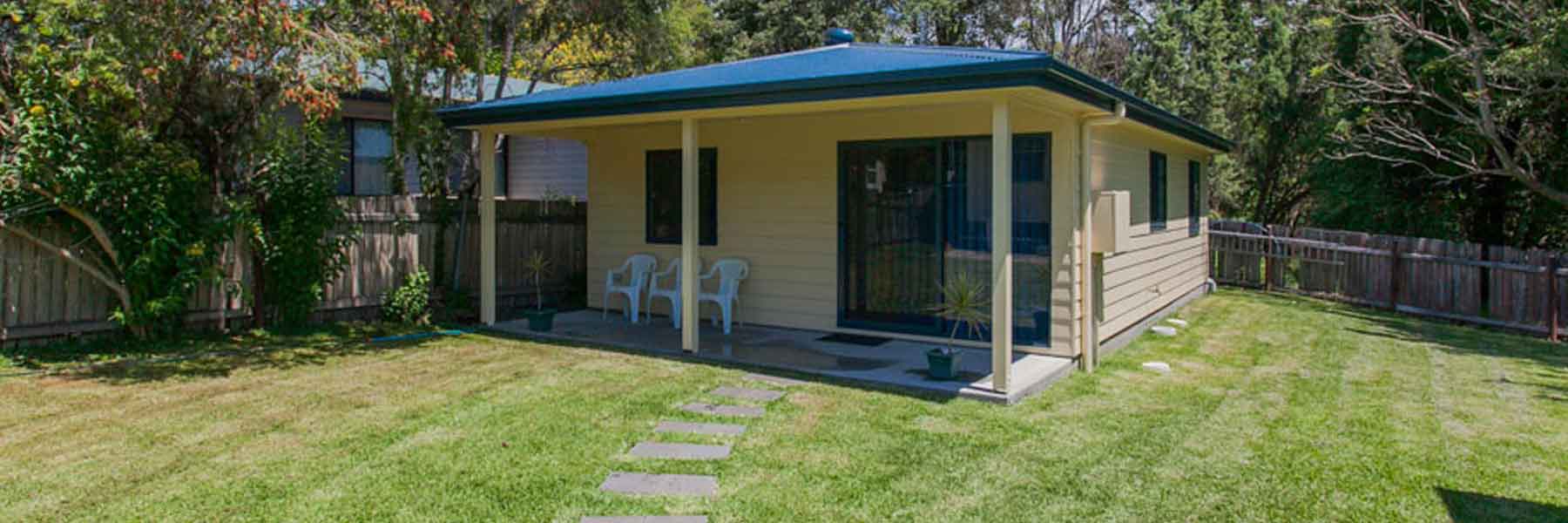Home > Home Loans > 100% Home Loans
100% Home Loans
Don’t have a deposit saved? 100% home loans eliminate the need for a full down payment. We look at how you can buy a home without a deposit.
Author
Savvy Editorial TeamFact checked
Saving the required 20% deposit for a property can take years. 100% home loans eliminate the need for a deposit so you can buy your home sooner. These types of loans are rare though and require a guarantor. We look at how they work.
What are 100% home loans?
100% home loans, also known as no deposit loans, let you borrow the full value of the property you’d like to buy without saving a deposit.
While they used to be common, very few lenders offer 100% home loans these days.
Banks and other lenders see applicants with no deposit, or a small one, as risky and more likely to default on their repayments.
This level of risk means 100% home loans are hard to get.
How can I get a no deposit home loan?
If you don’t have savings for a house deposit, getting into the market with a 100% home loan may still be possible.
If you can find a guarantor for the loan, that is.
In most cases, for lenders still offering 100% home loans, having a guarantor is the only option for approval.
Years ago, no deposit home loans meant the bank would lend you 100% of the purchase price of the property without a deposit or guarantor.
This has changed. Lenders no longer offer no deposit loans without a guarantor. These days, while 100% home loans exist, you’ll need someone, usually your parents, to back the loan.
By ‘guaranteeing’ a loan, your parents (or another relative) use a certain amount of equity in their property to secure your home loan instead of a deposit. A Family pledge loan can help with this.
For example;
- You want to buy a home worth $400,000.
- A 20% deposit is $80,000 – which you don’t have.
- Your parents own a $630,000 home.
- They offer $80,000 from the equity of their property to secure the loan.
This equity is used as collateral should something go wrong.
If you’re unable to make loan repayments, the lender has the right to sell your property to try and recover the loan.
If the sale falls short of the outstanding balance, the lender may then pursue the guarantor for the equity they agreed to offer. In the above example, this would be $80,000.
As you can see, it’s not the kind of agreement you want to jump into without careful consideration on both sides.
Do I have to pay lenders mortgage insurance if I have a guarantor?
Not if your guarantor has offered the amount of equity from their property to match a 20% deposit.
When you have less than a 20% deposit Lenders’ Mortgage Insurance (LMI) is generally required.
LMI protects the lender in case you miss your mortgage repayments. With a guarantor, lenders consider themselves covered so LMI isn’t required.
What are the other costs associated with a no deposit home loan?
Even if you don’t need to come up with the deposit, there are still other costs you’ll need to pay upfront.
For example;
- Loan establishment fee. Usually $0 – $700 depending on the lender.
- Building inspections. Can range from $400 – $1000.
- Pest inspection. Can range from $200 – $500.
- Transfer duty (also known as stamp duty) which varies from state to state.
I don’t have a guarantor, what are my other options?
If securing a guarantor isn’t possible you may have a few other options to get a mortgage without saving the full 20% deposit.
Receive the deposit as a monetary gift
Lenders may consider your loan application if your parents, or another family member, gift you the deposit.
You’ll need to provide a signed letter from whomever you received the money confirming it is a gift, not a loan.
First Home Deposit Scheme
The First Home Deposit Scheme helps eligible first home buyers purchase or build a new home with a deposit of as little as 5 per cent.
The Scheme guarantees to a participating lender up to 15 percent of the purchase price. This means you won’t be required to pay lenders mortgage insurance.
First Home Owners Grant
While it might not be enough to cover the entire 20%, the First Home Owner Grant can help eligible applicants close the gap.
Top tips for getting a no deposit, 100% home loan
Have a high credit score
Like all home loans, having a high credit score will give you the best chance of having your 100% mortgage approved at the most competitive rate.
Your credit score is a number from 0 – 1200. Scores are categorised as follows:
Below average | Average | Good | Very good | Excellent |
0-505 | 506-665 | 666-755 | 756-840 | 841-1,200 |
Most lenders for 100% home loans will require you to have a score in the “excellent” range.
Be employed with a stable income
If you’re planning to apply for a no deposit home loan, hold off on making any big career changes.
You’ll need to show lenders that you have a steady income sufficient to comfortably cover the repayments.
Have a solid track record for repayments
Lenders want to get paid. No surprises there.
They want to see that you have a solid history of keeping up with your credit card or other loan repayments. They’ll look into this when reviewing your credit history.









